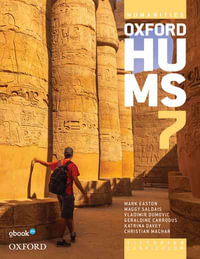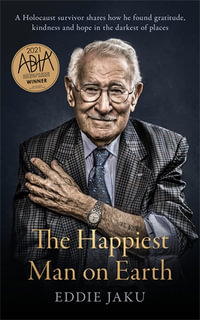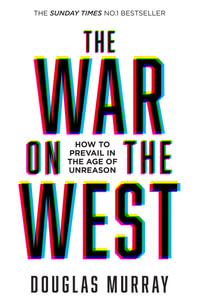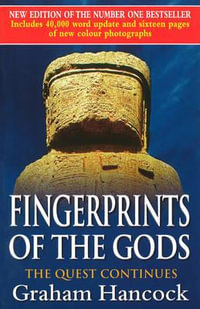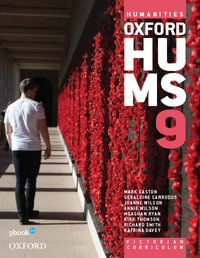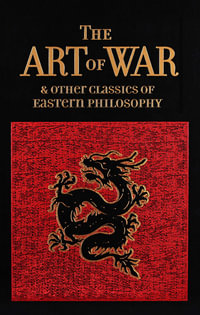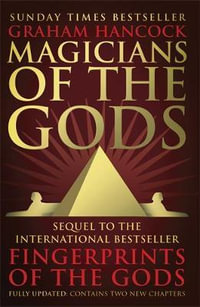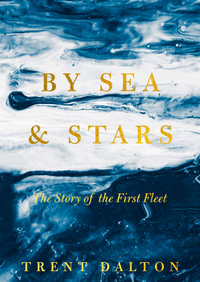This book explores how international organizations (IOs) have expanded their powers over time without formally amending their founding treaties. IOs intervene in military, financial, economic, political, social, and cultural affairs, and increasingly take on roles not explicitly assigned to them by law. Sinclair contends that this 'mission creep' has allowed IOs to intervene internationally in a way that has allowed them to recast institutions within and interactions among states, societies, and peoples on a broadly Western, liberal model. Adopting a historical and interdisciplinary, socio-legal approach, Sinclair supports this claim through detailed investigations of historical episodes involving three very different organizations: the International Labour Organization in the interwar period; the United Nations in the two decades following the Second World War; and the World Bank from the 1950s through to the 1990s.
The book draws on a wide range of original institutional and archival materials, bringing to light little-known aspects of each organization's activities, identifying continuities in the ideas and practices of international governance across the twentieth century, and speaking to a range of pressing theoretical questions in present-day international law and international relations.
Industry Reviews
a very fine-grained and rich analysis ... elegant and readable. * Joseph Weiler, European Journal of International Law Editorial (10 Good Reads) *
a learned, thoughtful, and well-researched book ... Sinclair both contextualizes the work of IOs and looks deeply into their workings, moving seamlessly between external machinations and internal debates ... making a unique contribution to the historiography of international organizations. * Jacob Katz Cogan, European Journal of International Law *
By tracing the capillary ways in which law obtained and exerted its force in the specific historical, institutional and social constellation of three influential IOs, Sinclair has made a game-changing contribution to the field. * Dimitri Van Den Meerssche, London Review of International Law *
To Reform the World is an ambitious and important book that painstakingly sketches a pattern for the evolution of international organizations throughout the 20th century. ... The impressive breadth of sources and materials examined produces a highly complex and nuanced narrative of the evolution of international institutions. * Guilherme Vasconcelos Vilaca, International Organizations Law Review *
Studies on globalization rarely notice the profound role played by international institutions on the ideology and practices of the modern administrative state. In this eye-opening work Sinclair examines the way the International Labour Organization, the UN, and the World Bank have expanded their legal competences, often unnoticed by their member states, so as to impose on the latter definite (Western) models of domestic governance.Thanks to Sinclairs meticulous work, we can now witness how the informal dynamics of international law and practice have, since early 20th century, made global institutions relatively autonomous from their member states, projecting on the latter definite, sometimes deeply contested ideas about good governance. This is a superb study of the globalization of ideology. * Martti Koskenniemi , Academy Professor of International Law, University of Helsinki *
Scholarly historical accounts of international law are rare. Accessible and readable history imbued with incident and memorable characters who have led some of the worlds most powerful international organizationsis even rarer. Sinclair has written an account that will be of great interest to those who subscribe to or criticize the progress narratives that international lawyers tell. His account is highly relevant to those who study how these institutions regulate states, make international law more or less effective, and deploy experts to pursue ideologically loaded reform agendas. This is history told with a purpose. It tells us how and why international organizations engage in mission creep and affect the lives of millions. * Jose E. Alvarez, Herbert and Rose Rubin Professor of International Law, NYU School of Law *
International organizations play an unprecedented role in our everyday lives. Guy Sinclair's superb book ranges over and compares three major organizations and their activities over many decades. It illuminates in detail the complex legal, pragmatic and technocratic arguments developed and deployed by organizations to justify their ever expanding practices. It explains in this way how institutions participate in the central themes of global governancewar, peace, developmentand thus shape the modern world. This is an outstanding study of the inner lives of international organizations and the personalities that ran them. It offers enduring insights into issues that will only become more important over time. * Antony Anghie, Professor of Law, National University of Singapore *
With a strong historical rationale, Sinclairs approach avoids both a morality driven vision for a better but far distant future and a power-driven neorealistic narrative of a dark present... This elegantly written and inspiring book investigates the expansion of powers of international organizations as a practice intertwined with the making of modern Western states through the lens of international law. * Journal of the History of International Law *




